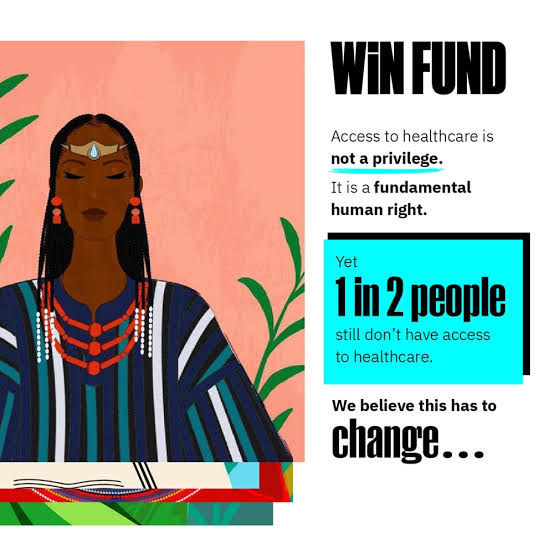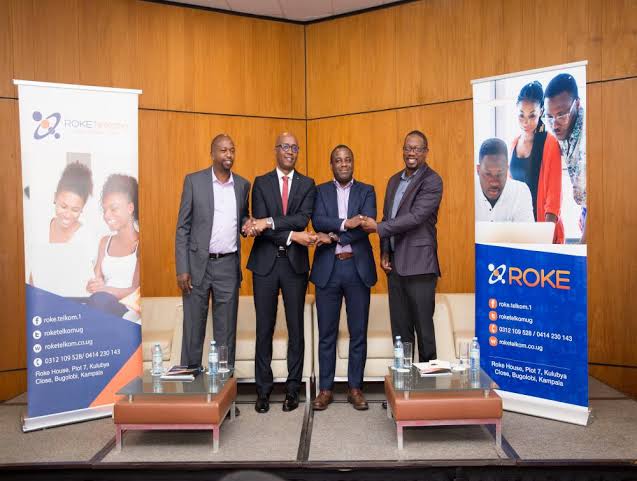Ugandan authorities have asked Interpol to investigate fraudulent transfers of $6 million to Japan and $7 million to England, following a cyber heist in which $13 million (Shs 47.8 billion) was stolen from the Bank of Uganda (BoU).
Junior Finance Minister Henry Musasizi denied allegations that 62 billion shillings ($17 million) was taken, stating that the actual amount was lower than what had been reported in the media when he was questioned by Parliament about the BoU heist.
Read also: FBI arrests suspected Nigerian fraudster “Bobo Chicago” for $2.8 million business email scam
Parliament queried junior Finance Minister
Joel Ssenyonyi, leader of the opposition in Parliament, urged Musasizi to comment on the current investigations at BoU, citing the government’s silence to an issue that has garnered attention from both domestic and international media.
Ssenyonyi stated that a matter concerning the nation’s Central Bank should not be taken lightly. He called on the administration to keep the citizens informed about the true state of the situation.
“It is important that we know what exactly is happening. This is our central bank,” Ssenyonyi bemoaned.
Musasizi responded that the Auditor General and the Criminal Investigations Department (CID) were investigating the matter and promised that updates would be provided to Parliament within a month.
Setting the records straight
Musasizi also denied allegations that more than 60 billion shillings was stolen, stating that the amount was lower than what the media reported.
“It is true our accounts were hacked into but not to the extent of what is being reported,” Musasizi told lawmakers.
However, he refrained from specifying the exact amount stolen, insisting that the loss resulted from hacking by unidentified individuals.
“I wish to seek the indulgence of this house that we be patient when the audit is finalised… and also CID finalises its Investigations, I will come to this House and report. Otherwise, as of now, any matter that I disclose on this issue will risk representation of facts. All these processes will be completed within one month and I will report back to the House,” the minister explained.
Read also: Hackers stole $17 million from Bank of Uganda, incident under investigation
Japan declines to block stolen funds
The stolen money, believed to be $13 million (Shs47.8 billion) as against the earlier media report of $17 million, is being investigated by the Auditor General and Criminal Investigations Department (CID) with preliminary findings pointing to an insider plot rather than external breach involving officials from the Bank of Uganda and Ministry of Finance Treasury department.
https://techpression.com/investigation-reveals-bank-of-uganda-heist-is-an-insider-job
However the Japanese bank where part of the money was transferred to has declined to freeze the account as requested by Ugandan authorities, whereas the English bank has blocked the transferred monies (around Shs 400 million has already been withdrawn).
This cyber heist is one of the most significant financial breaches suffered by the Bank of Uganda (BoU) in Uganda’s history.
17 officials under investigation
Nine BOU employees, six finance employees, and two accountant general employees are among the 17 people who have reportedly been investigated thus far.
Five of them are reportedly being held by Defence Intelligence and Security (DIS) and Criminal Investigations Directorate (CID) at the former Special Investigation Division (SID) offices in Kireka, Kampala.
According to reports, all employees who have been the subject of an investigation have been placed under strict security supervision, and the investigative team has seized their electronic devices, including computers and smartphones to aid their investigation.



